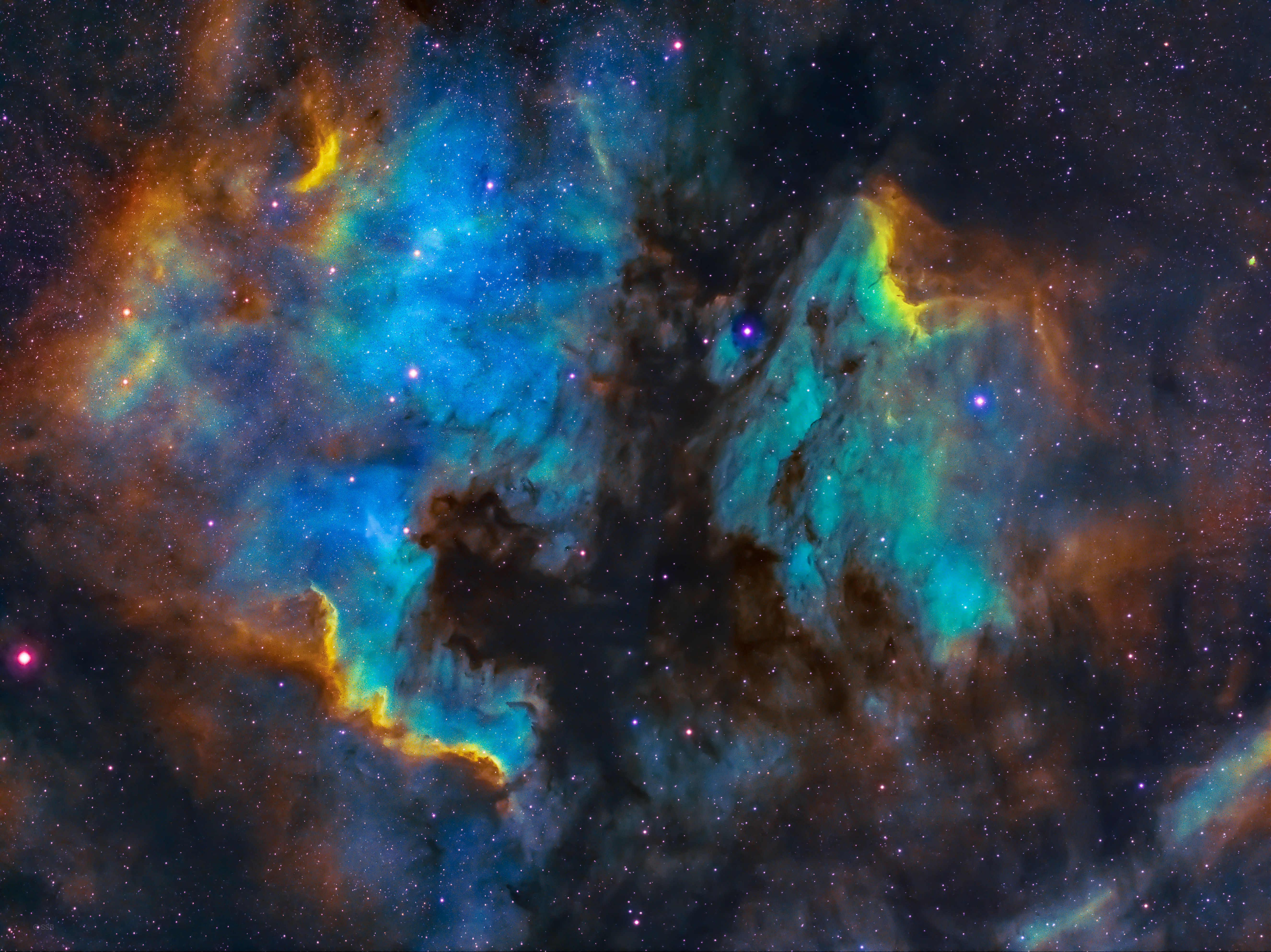
Blog & Devlogs
Insights, updates, and behind-the-scenes from the Orion's Gate team.
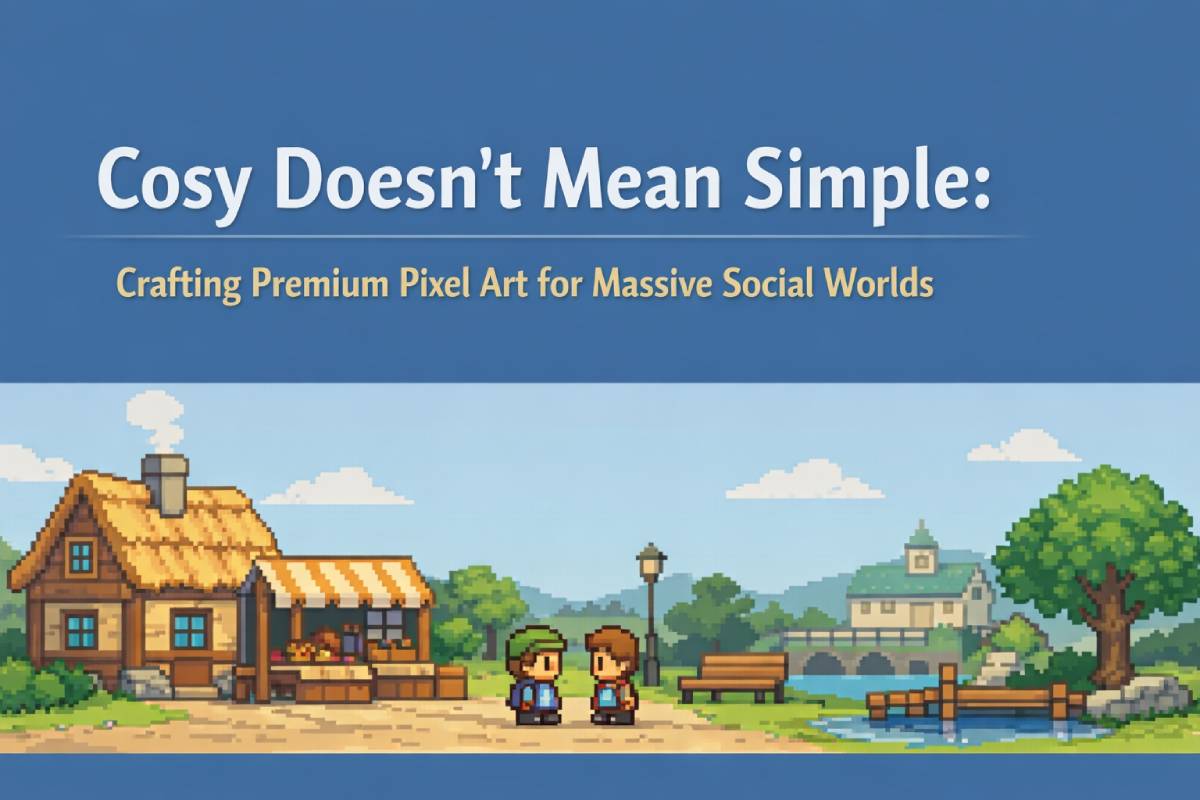
Cosy Doesn't Mean Simple: Crafting Premium Pixel Art for Massive Social Worlds
Premium pixel art powers today's biggest social worlds-but it takes rigorous craft: palette economy, silhouette clarity, sub-pixel animation, UI harmony, and accessibility. Learn the art-direction playbook (with references) used by breakout Web3 hits and timeless indies.
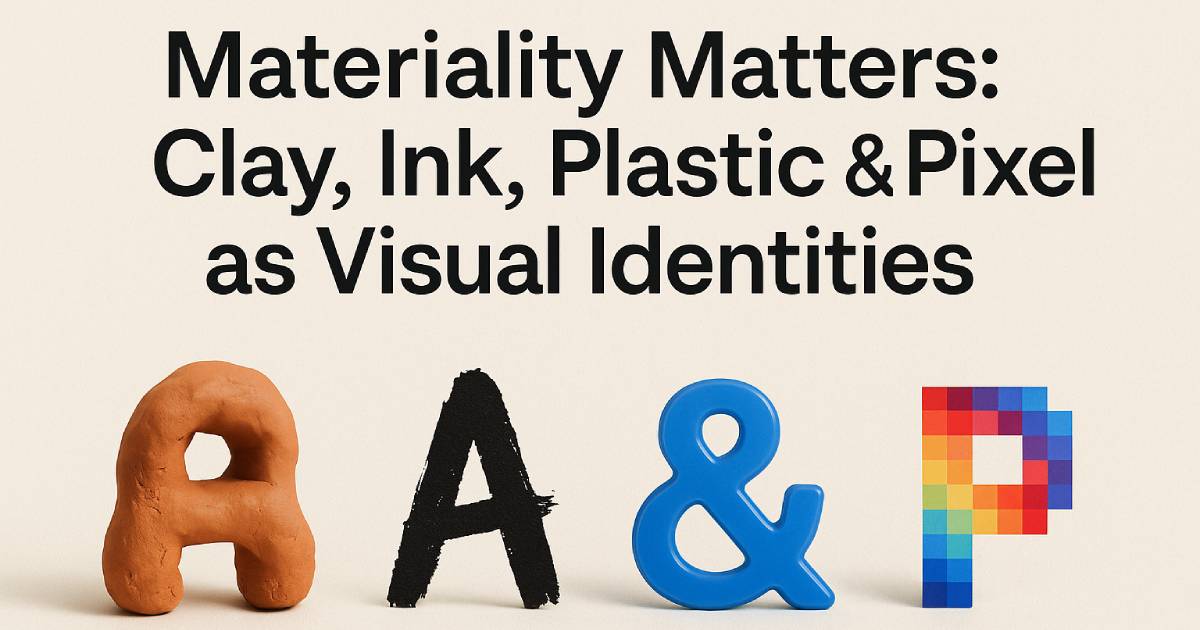
Materiality Matters: Clay, Ink, Plastic & Pixel as Visual Identities
In 2025, the strongest Web3 game aesthetics aren't about higher fidelity-they're about material choices. See how clay, ink, plastic, and pixel become brand-defining identities across Clay Nation . The Sandbox, Pudgy World, Serum City, and Pixels-with concrete art-direction takeaways and references.
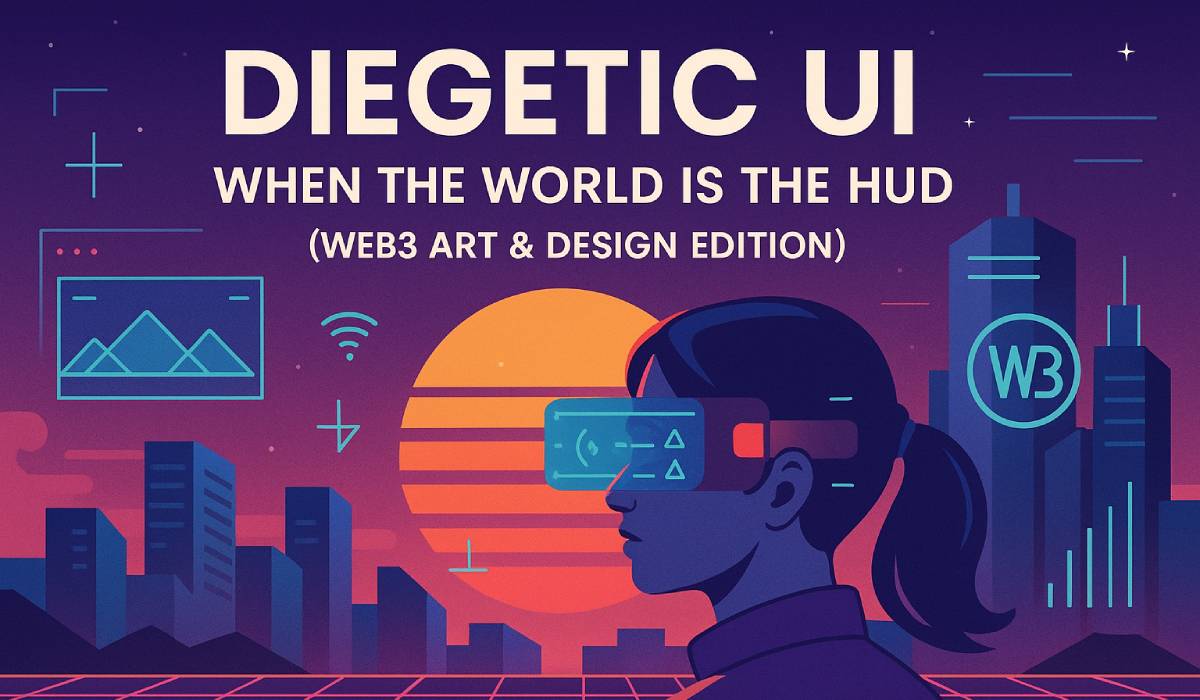
Diegetic UI: When the World Is the HUD (Web3 Art & Design Edition)
Learn how diegetic UI-interfaces embedded inside the game world-can elevate the art direction of Web3 games. See patterns, visual examples, and a practical checklist for turning on-chain identity and object-owned inventories into beautiful, in-world graphics.
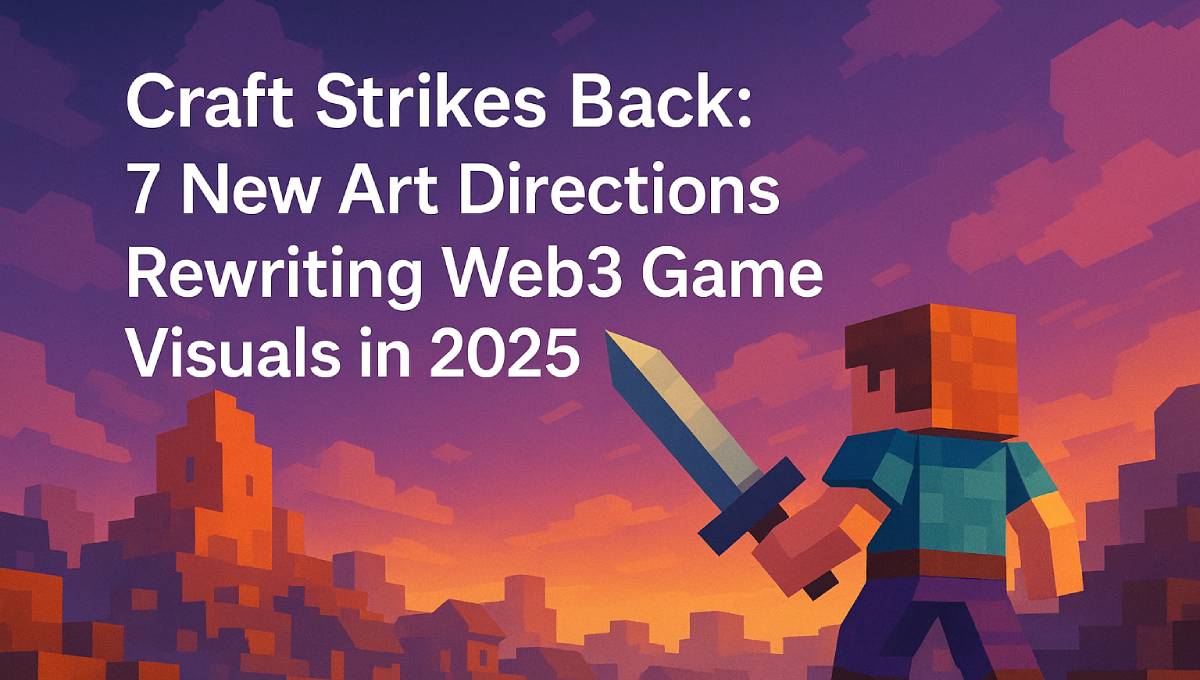
Craft Strikes Back: 7 New Art Directions Rewriting Web3 Game Visuals in 2025
Explore the newest art and design trends in Web3 games-from claymation-inspired worlds and toy-to-game universes to anime transmedia pipelines, schematic on‑chain minimalism, cinematic sci‑fi card art, and UGC‑first cosmetics. Examples include Clay Nation x The Sandbox, Pudgy World, Kaidro, Primodium, Pixels, Parallel, Wildcard, Serum City, and more.
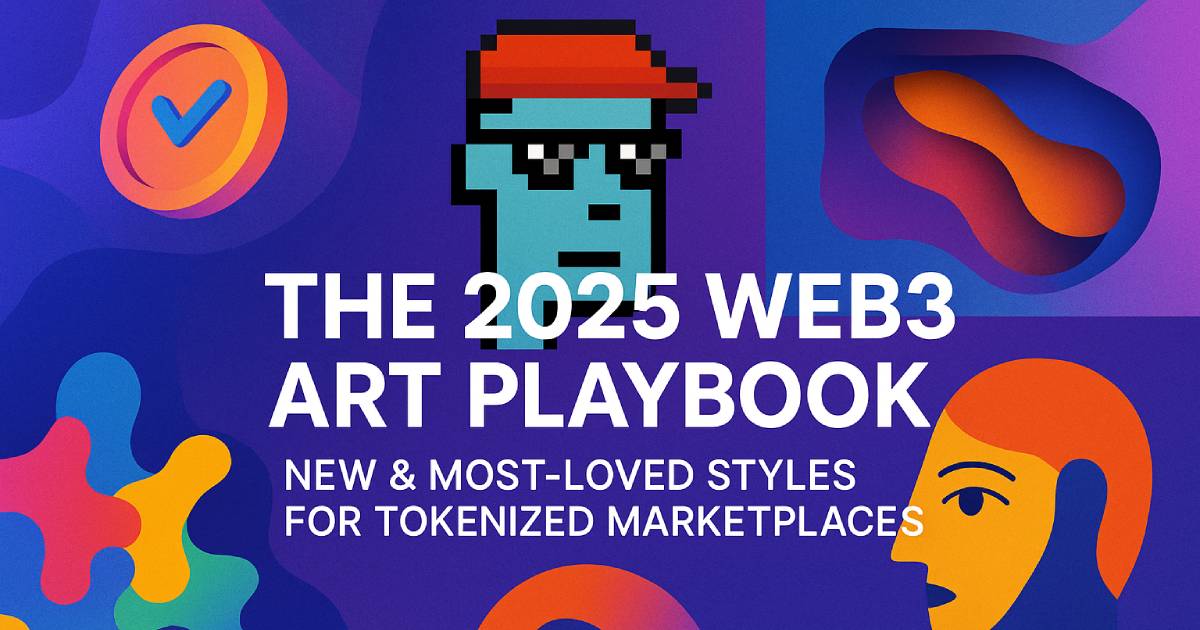
The 2025 Web3 Art Playbook: New & Most-Loved Styles For Tokenized Marketplaces
In Web3 game worlds where every skin, tile, and trinket can be minted and traded, art style isn't just a creative choice-it's an economic lever. The way assets look at thumbnail size affects click-through on listings; the way they're built (vector vs. raster, poly count, palette) changes storage, gas, and scalability; and the way they resonate emotionally shapes player demand. Below is a fresh, SEO-friendly guide to the newest and most desired art styles we see thriving in tokenized ecosystems-and why players (and marketplaces) love them. We connect each style to standards and practices that underpin on-chain ownership and creator royalties.
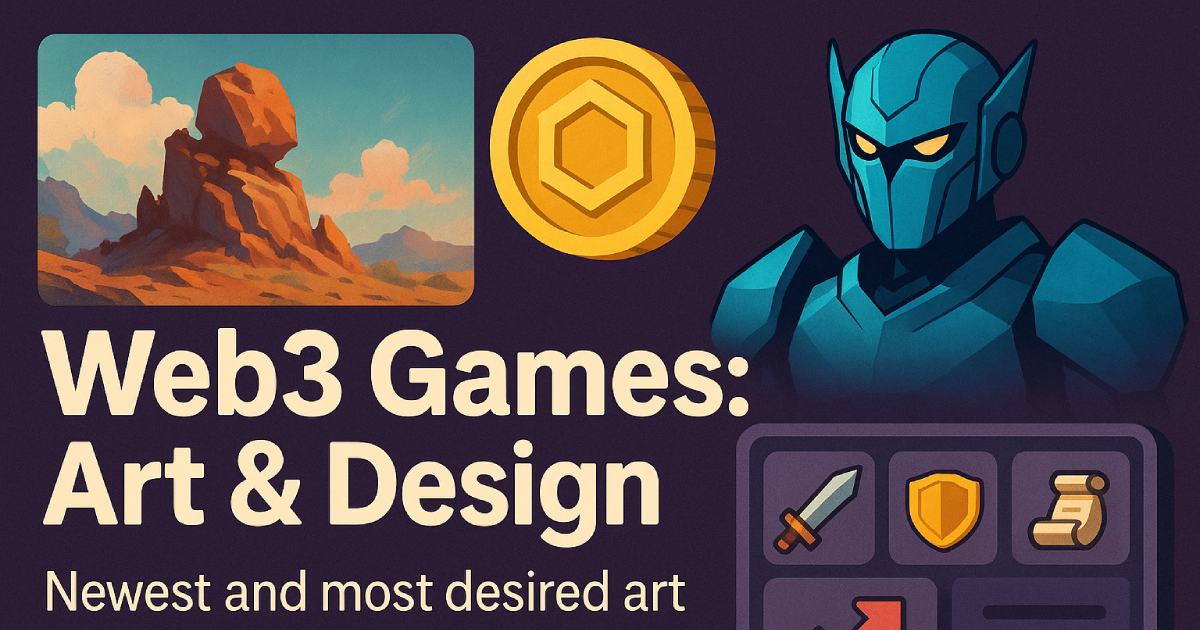
Beyond Pixels: The Hottest Art Styles Shaping Token-Powered Web3 Worlds in 2025
Web3 gamers no longer log in just for “play-to-earn”; they log in because the worlds look irresistible. Over the last 18 months, studios building on-chain economies have embraced a handful of eye-catching styles-each chosen for specific reasons such as nostalgia, performance, gas efficiency, or pure marketplace flair. Below we break down the newest, most-loved aesthetics, why players crave them, and how each style supercharges a tokenized marketplace.
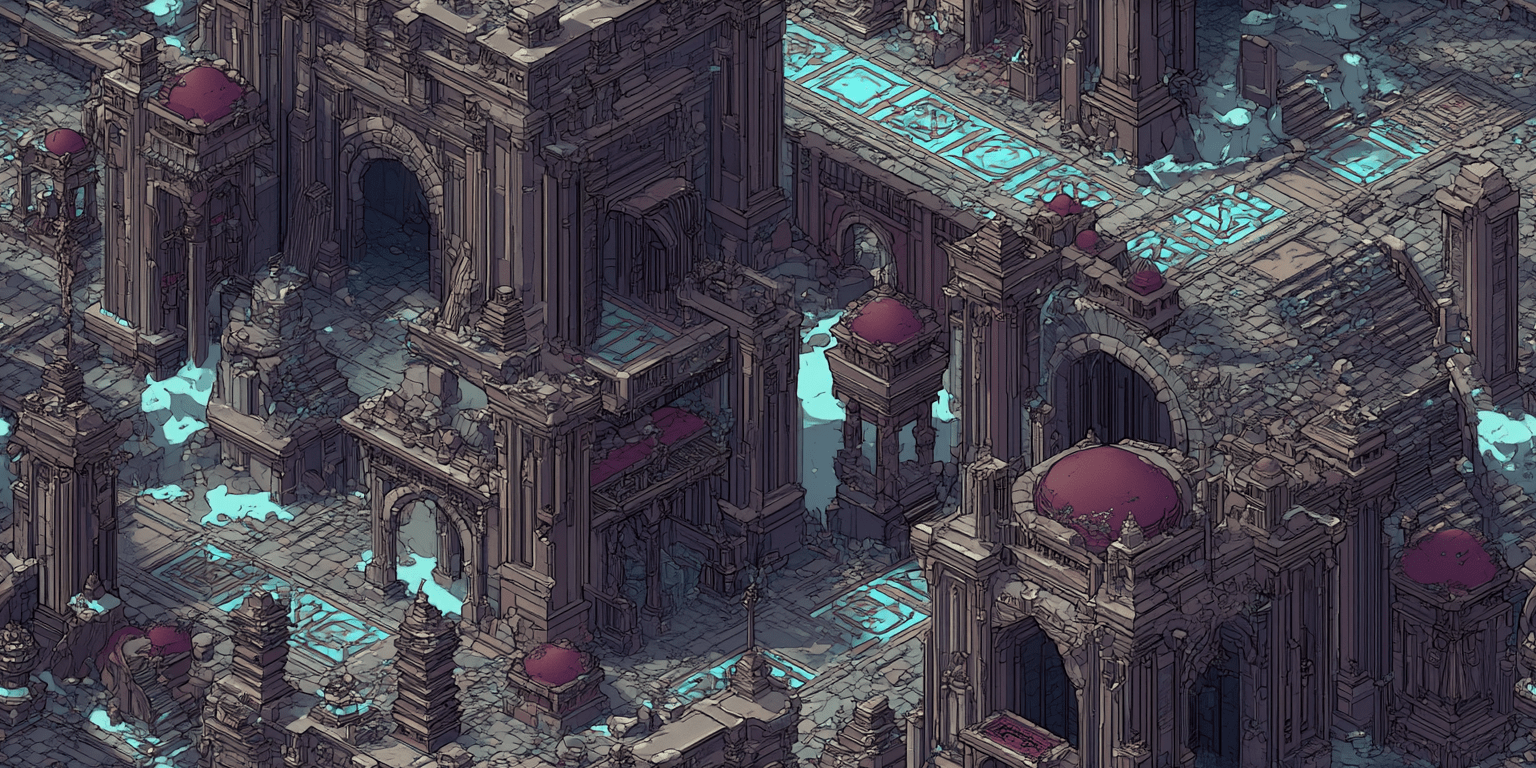
The Allure of Pixel Art in Tokenized Worlds
Pixel art isn't just a stylistic nod to gaming's 8-bit past-it's fast becoming the visual backbone of Web3 games that run on their own tokens and player-driven marketplaces. Open-source research shows that the lo-fi aesthetic dovetails perfectly with on-chain storage limits, lowers gas fees, and sparks community creativity, all while delivering the instant nostalgia that keeps players-and collectors-coming back for more.
From Concept to Reality: Creating Immersive Worlds
Our art team shares insights into the creative process behind the stunning visuals of Orion's Galactic Life.
